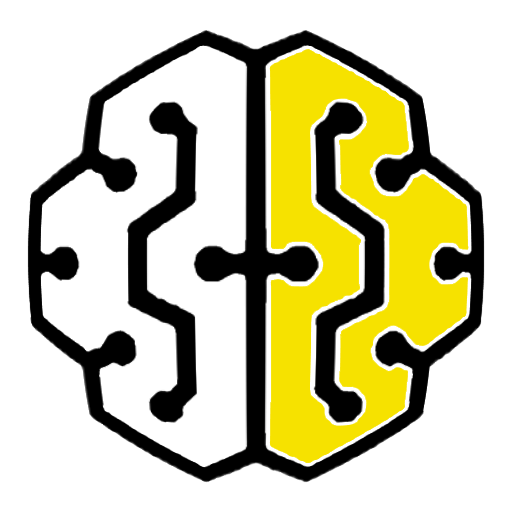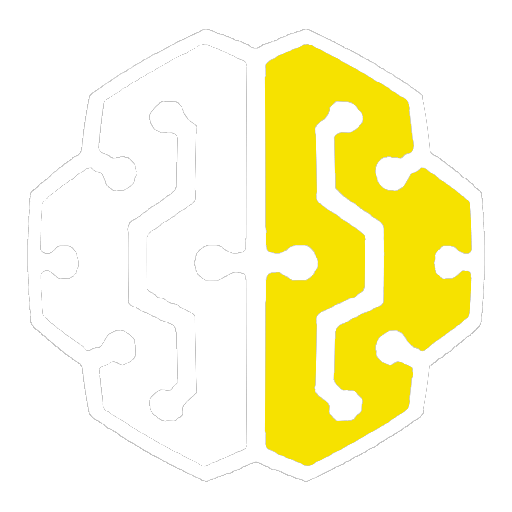Harvard University is about to take a bold step into the future of education, introducing an Artificial Intelligence (AI) instructor for its renowned CS50 coding course. This advanced attempt, involving GPT 3.5 and GPT 4 models, intends to revolutionize teaching techniques by providing an individualized learning service system.
The objective is to realize a 1:1 student-teacher ratio, maximizing the instructional experience while optimizing code assessment productivity. However, this progressive approach does not come without its own set of difficulties. Questions emerge regarding the calibre of instruction and the worth of tuition fees in an AI-mediated educational setting.
As Harvard embarks on this exploratory venture, students are encouraged to exercise prudent judgement and approach the AI-supplied information with wariness. It is certainly an exhilarating time, but a pinch of scepticism may be sensible. And bear in mind, even if AI begins teaching, it’s still humans who decide what to do with the knowledge.
AI in Education
The integration of an AI educator into Harvard University’s CS50 coding course for the following term symbolizes an inventive action in the field of teaching, aspiring to enhance customized learning aid and upgrade code analysis proficiency.
This advanced test brings to consciousness the potential advantages of AI in education, such as allowing an apprenticeship-style teaching model that provides a more customized learning experience.
Additionally, the influence on student involvement is expected to be tremendous, as the AI instructor assists in learning at each student’s own velocity and technique, making the learning process more gratifying than a Python’s smirk.
Nevertheless, as with every fresh software, the AI instructor may periodically slip on the binary version of a banana peel, stressing the need for students to approach this digital repository of knowledge with a dash of cognitive thought.
The AI Teaching Model
Incorporation of artificial intelligence into the pedagogical model for the coding course CS50 presents an original concept geared toward offering a more individualized and effective learning experience.
This avant-garde approach capitalizes on AI teaching proficiency to revolutionize traditional instruction methods, thereby constructing a more cheerful learning atmosphere.
The AI instructor, much like a robotic Gandalf, escorts each scholar through the maze of code, deciphering puzzles at an individual tempo.
This pioneering teaching model, although occasionally liable to cybernetic stumbles, augments assessment efficiency and eases the workload of course staff.
It’s basically having a private mentor with a hard drive as opposed to a heartbeat.
Nevertheless, it’s essential to confront this digital Dumbledore’s acumen with analytical thought, considering the experimental character of this pedagogical revolution.
Potential Concerns and Challenges
Potential risks and troubles unavoidably arise with the experimental adoption of an AI professor, particularly with respect to the quality of code tutoring and the worth of tuition. Ethical issues, such as the AI occasionally failing or making mistakes, could evoke queries about the holiness of student interaction and learning experience. Utilizing AI for instruction, while entertainingly akin to a sci-fi flick, also raises doubts about the value of tuition.
Are students forking out top dollar for a digital mentor or a human one? The AI’s potential to cut back on the time dedicated to evaluating code is commendable, yet it does not eliminate worries about the quality of teaching. Thus, while the AI professor pledges a customized learning experience, it simultaneously brings forth serious reflections.








Leave a Reply